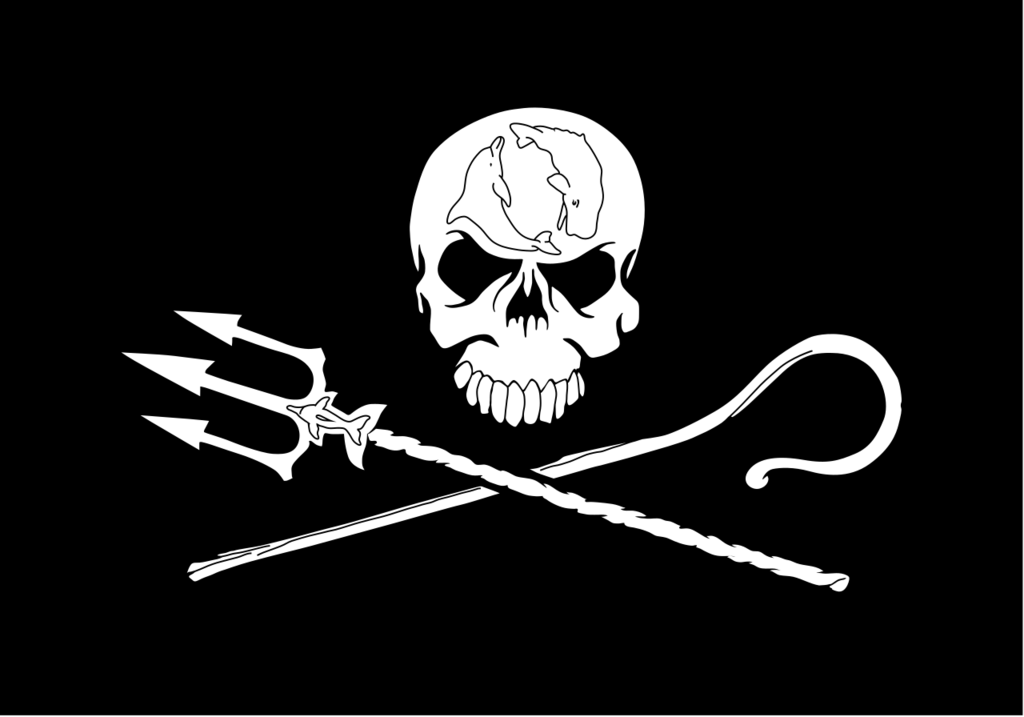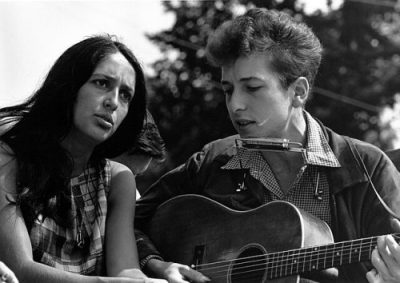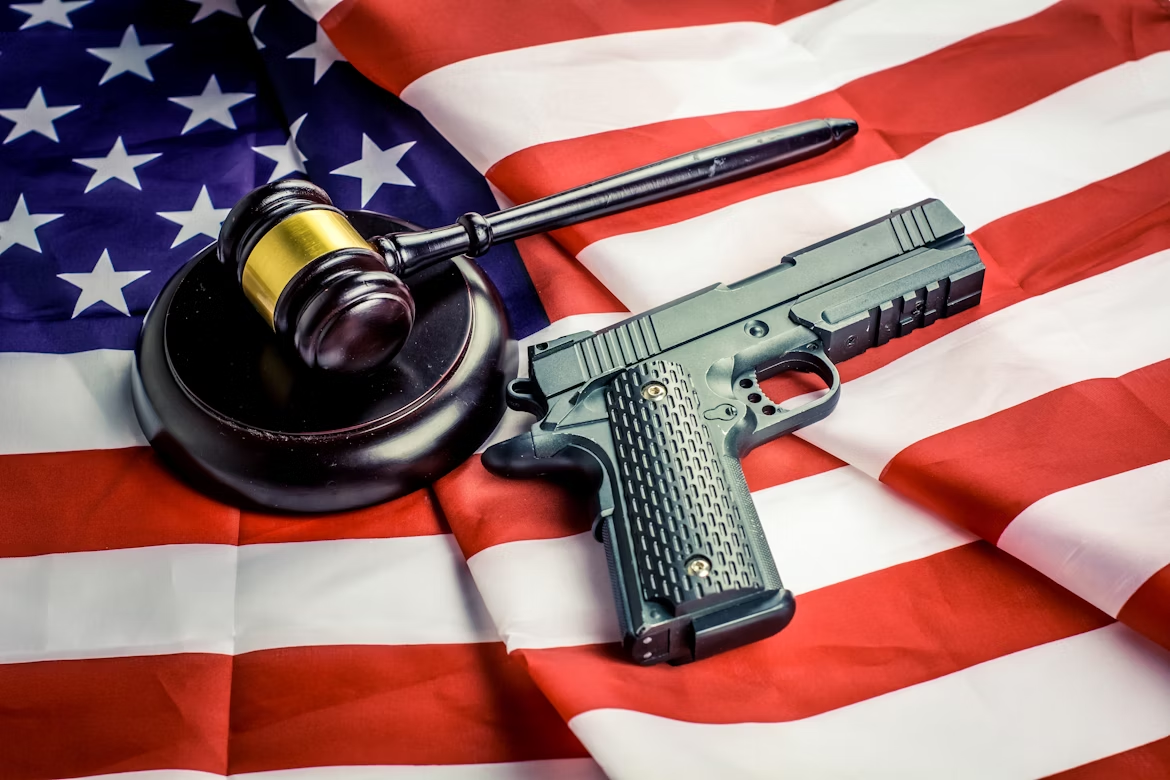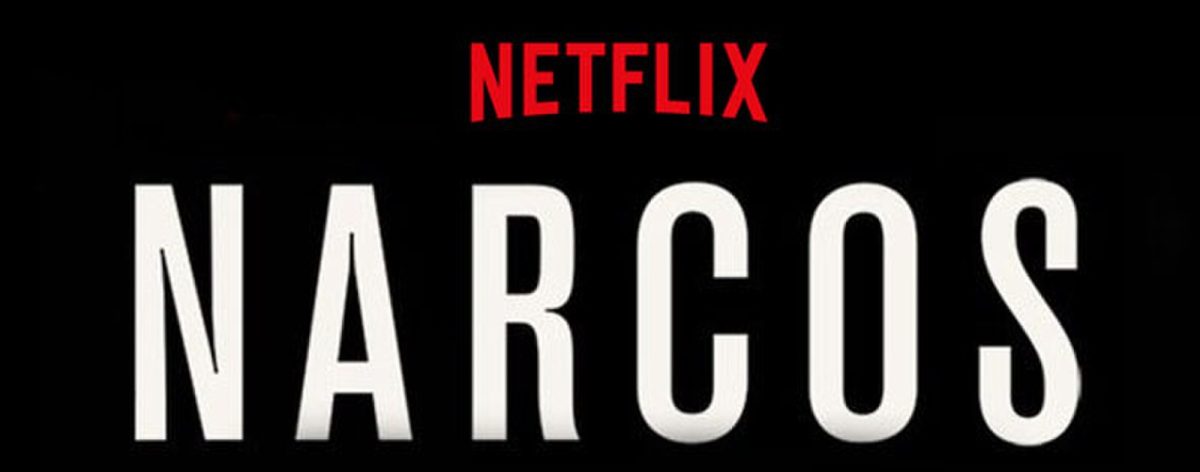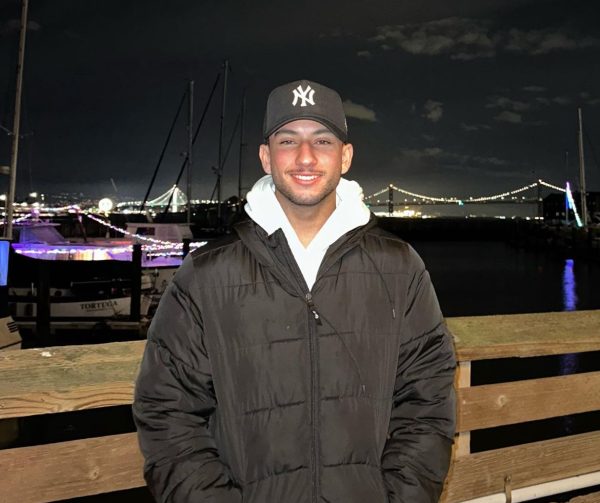Hollywood makes millions every year with stories of superheroes who leap from comic book pages onto towering skyscrapers, but I’m here to tell you about the real-life heros who are hard at work on the high seas. Unlike the caped crusaders of comic book lore, these guardians don’t wear spandex or capes. Instead, they arm themselves with courage, conviction, and a desire to protect those who can’t protect themselves.
This is not a review of a new Aquaman movie. It’s the true story of the Sea Shepherd, the ocean’s very own vigilantes.
In this high-stakes blockbuster, where the villains are illegal poachers and the untamed seas serve as battlegrounds, the Sea Shepherd, with the Jolly Roger fluttering atop their masts, symbolizes audacious defiance against environmental wrongdoing.
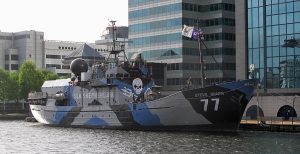
Our story begins in 1977 with the creation of the Sea Shepherd, born from the passion of one man, Paul Watson.
A co-founder of Greenpeace, Watson believed in a bold, uncompromising approach to environmental activism.
Dissatisfied with the passive resistance tactics of his peers, he established an organization that would become synonymous with direct action in marine conservation.
Watson’s philosophy is simple yet radical: confront those who pillage the oceans head-on.
Watson’s life is a tale of heroism, controversy, and a relentless pursuit of justice for the oceans. He’s more than just an environmentalist; he’s a trailblazer, daring to venture where few would. His extreme methods include ramming whaling ships, disrupting illegal fishing operations, and intervening in seal hunts—actions earning him both accolades and adversaries.
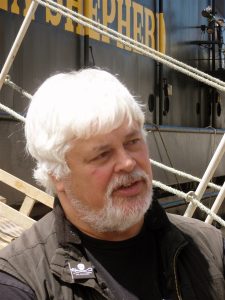
Throughout his life, Watson has faced numerous legal battles. From Norway to Japan various nations, aggrieved by his interventions against their whaling activities, have sought his arrest. Yet, these legal challenges have only cemented his status as an environmental hero.
Paul Watson has become an icon for proactive conservationists, and the Sea Shepherd has been at the forefront of the battle for the protection of the seas for decades.
In 1979, “The Sierra”, a notorious pirate whaling vessel, became the Sea Shepherd’s first big-name victim. The crusaders audacious ramming of “The Sierra” in Portugal marked a watershed moment in anti-whaling activism, sending ripples across the globe and marking the organization’s arrival onto the scene.
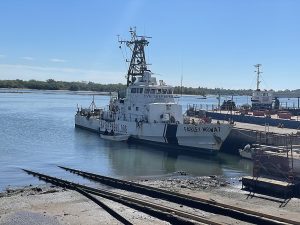
Another memorable Sea Shepard moment came decades later in 2014-2015 during Operation Icefish, a campaign against illegal toothfish poaching in the Southern Ocean. The relentless pursuit of “The Thunder”, a notorious poaching vessel lasted over 110 days, covered 3 oceans, and culminated in the sinking of the vessel.
Today the Sea Shepherd’s fleet continues its vigilant watch against ocean exploitation. Recent campaigns have seen them tackling illegal fishing in West Africa and crusading against plastic pollution. Ships like the M/Y Steve Irwin and the M/V Bob Barker carry a legacy to the unyielding spirit of those who sail them.
However, this story is only complete by recognizing the role each of us can play. Supporting Sea Shepherd can take many forms, from donations and volunteering to advocating for sustainable seafood and reducing plastic use. Every action, no matter its size, contributes to the larger picture of marine conservation.
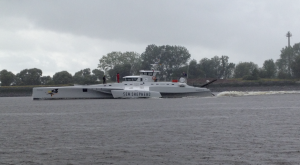
In an age where environmental exploitation seems to always overshadow environmental conservation, organizations like Sea Shepherd stand as beacons of hope for a better, more sustainable future.
Environmentalism often finds itself caught between slow-moving policies and bureaucratic inertia. While some wait for their turn to speak, others take decisive action. Seeing Paul Watson and the Sea Shepherd with their swift, direct action is a refreshing break from all the staleness found with modern environmentalists.
The story of Paul Watson and The Sea Shepherd reminds us that waiting for change is no longer an option; we must be present in the fight for our planet because the enemy does not sleep.
Marvel has Spiderman, DC has Batman, and Mother Nature has heroes of her own. These heroes come in all different shapes and sizes, from advocating for sustainability in political areas to ramming whaling ships at sea. We all need to do our part, and that’s how we will win. We need to win, for our future is at stake


